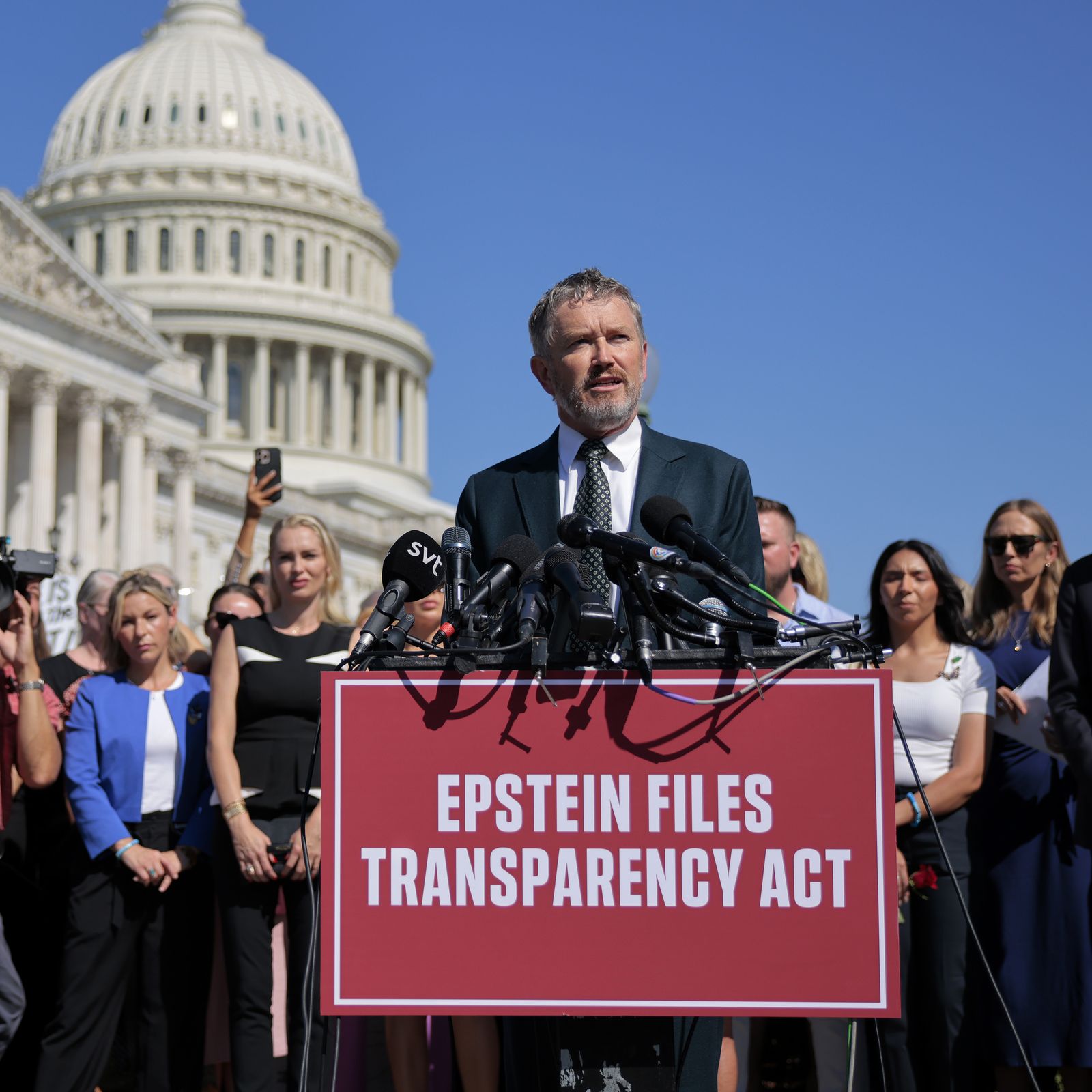A new wave of controversy is sweeping Capitol Hill as lawmakers prepare to vote on the Epstein Files Transparency Act, a bill that could force the Department of Justice to release a trove of documents related to Jeffrey Epstein’s criminal activities, associates, and mysterious death. The move comes amid mounting public pressure and a series of recent document releases that have already exposed shocking details and high-profile connections.
House Set to Vote on Epstein Files Bill
The House of Representatives is poised to vote next week on the Epstein Files Transparency Act, which would require the Attorney General to make all unclassified records, communications, and investigative materials about Epstein and his network publicly available in a searchable format. The bill covers not only Epstein and Ghislaine Maxwell, but also individuals tied to his crimes, civil settlements, immunity deals, and the circumstances of his incarceration and death.
Speaker Mike Johnson has indicated the vote could happen as early as Monday or Tuesday, though the exact procedure—whether by simple majority or the more demanding two-thirds “suspension” rule—remains undecided. With over 218 signatures already, passage in the House appears likely, but the bill’s fate in the Senate is uncertain. Even if it clears both chambers, President Trump is expected to veto it, setting up a potential showdown over transparency and accountability.
What’s in the Files? New Releases and Lingering Secrets
Earlier this year, the Department of Justice released a “first phase” of declassified Epstein files, totaling 341 pages. However, much of this material was already public, including flight logs, a redacted “black book” of contacts, and a heavily redacted list of masseuses. The only new document was a three-page FBI index cataloging evidence seized from Epstein’s properties, which hints at a much larger cache of unreleased material.
According to the FBI’s own inventory, the government still holds:
- 40 computers and electronic devices
- 26 storage drives
- Over 70 CDs and six recording devices
- More than 300 gigabytes of data
Unreleased evidence reportedly includes
logbooks of visitors to Epstein’s private island, boat trip records, blueprints, and photographs. Some of these materials could clarify who visited Epstein’s infamous Little Saint James compound and when.
A recent batch of emails released by the House Oversight Committee revealed exchanges with dozens of prominent individuals, including references to President Trump, further fueling speculation about the extent of Epstein’s connections.
DOJ and FBI Defend Withholding Most Files
Despite calls for full disclosure, the DOJ and FBI argue that much of the unreleased evidence contains sensitive material, including images of victims and illegal child sexual abuse content. They maintain that releasing these files would violate privacy, jeopardize ongoing investigations, and, in some cases, break the law. A joint memo from the agencies insists that “no further disclosure would be appropriate or warranted,” citing court orders and the sensitive nature of the evidence.
However, critics—including several judges and lawmakers—dispute these claims. U.S. District Judge Richard Berman, who presided over Epstein’s criminal case, recently stated that the government has the authority to release most of the files and accused officials of using legal maneuvers as a “diversion” from the broader trove of evidence.
“Follow the Money”: Financial Investigations Intensify
Senator Ron Wyden has called for a renewed focus on Epstein’s financial dealings, urging the DOJ to investigate Treasury Department records that reportedly document thousands of wire transfers and over
$1 billion flowing through Epstein’s accounts. Wyden argues that these financial trails could reveal new accomplices and beneficiaries, and he has laid out a detailed roadmap for investigators to follow.
What’s Next? High Stakes and Unanswered Questions
As the House prepares for a historic vote, the battle over the Epstein files is far from over. Even if the bill passes, legal and political obstacles remain, and the public may never see the full extent of what the government knows about Epstein’s network.
For now, the push for transparency continues to expose new details and raise fresh questions about one of the most notorious criminal cases of the century. The coming weeks could bring even more revelations—and potentially, a reckoning for those who enabled or covered up Epstein’s crimes.
Sources
1. Here's what an Epstein files vote in the House could look like
2. Kash Patel says court orders bar him from releasing ...
3. Here are all the "Epstein files" that have been released - Axios
4. What the government evidence list tells us about ... - ABC News
5. The 9 most shocking revelations in the Epstein docs - POLITICO
6. As Trump Sits on Key Epstein Files, Wyden Lays Out ...
